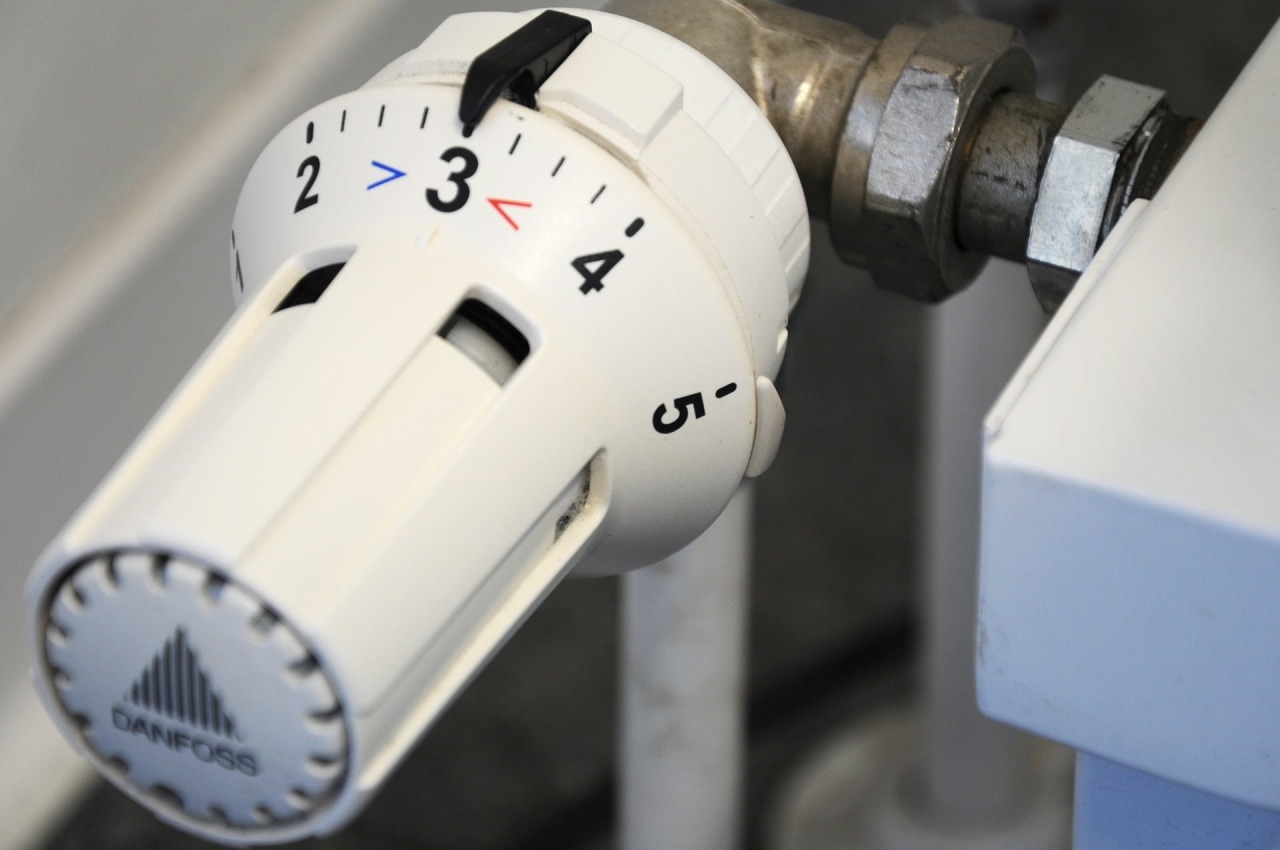4 Heating bill myths – and 4 tips that actually work
Guest writer Dakota Murphey gives us the low-down on some of the home heating fallacies – and four useful tips
Through the cold winter months it’s common for us to find ourselves facing rising heating bills as we rely on central heating or portable heaters to keep us warm. It’s natural to look for ways to reduce those expensive bills and you’ll find hundreds of pieces of advice on how to do so. But the bad news is that not all of it useful – in fact, some of it can have the opposite effect and actually cost you more money when the monthly bill comes through.
I spoke to home oil tank specialists SG Tanks to learn which fact are real and which are simply untrue. Here are four complete myths that have become perceived as good advice in terms of reducing your heating bill, plus four top tips that actually work and can help you to reduce your costs as well as the amount of energy you use to heat your home.
Myth: If the forecast is cold, turn up the heating
One very common mistake that people make with their heating is they assume that on an especially cold day you need to turn up the heat more than usual. But this is missing the point of a thermostat. A thermostat measures the temperature indoor and maintains the internal heat at the level that you want – it is unaffected by very cold weather outside. Leave the thermostat to do its job.
Top tip: Use the sun
In the winter it is common for people to forget the natural source of heat that we all have available to us – the sun. The sun still shines throughout the winter, so you need to use it to your advantage. Make sure that you open up your curtains every morning to let in the heat – although do close the curtains when it gets dark to reduce drafts.
Myth: Turn the heating up as high as it will go to heat the room quicker
Another common misconception is that if you get home and it is cold, you should turn up your heating as high as possible so that it heats the house quicker. The truth is that the heating works at the same pace no matter how high you turn it up, so there’s no benefit for putting it very high. In fact all that is likely to happen is that you will forget how high you put it up and end up overheating the house.
Top tip: Invest in a home oil tank
To make savings on heating bills many people are turning to oil tanks. You might assume that on-site oil tanks are only for industrial or farming use, but increasingly homeowners are invested in them. Having your own oil tank allows you to have complete control over your oil usage and additionally allows you to buy oil when prices are low, to keep your costs down.
Myth: Storage heaters need to be on all day
Unfortunately there are plenty of homeowners with storage heaters who simply don’t know how to use them correctly. Many assume that in order to heat your home with storage heaters that they need to be on all day. In fact they are not designed to be used like this and are actually very expensive to run at peak times. The correct way to use storage heaters is to heat them up overnight (during non-peak electricity hours) and they will then give out heat during the day.
Top tip: Cling film the windows
You might have heard of the trick of putting cling film over your windows – perhaps surprisingly, this actually works. Putting a sheet of film over the windows helps to keep heat in as the plastic traps a thin layer of air that stops heat escaping.
Myth: Leave the heating on low all day
Perhaps a similar myth to the misunderstanding of storage heaters, some homeowners believe that more energy is used starting up their heating, so they leave it on a low level all day. This isn’t the case – you should only use your heating when you need it.
Top tip: Fill holes in exterior walls
Finally, do everything you can to stop heat from escaping your home. One of the best ways to do this is to fill any exterior walls, such as where wires come into the house.
Story by: Dakota Murphey – Guest writer
Home kitchen bathroom commercial design
Connected to the ocean
Masculine meets mixed use
Contrast and connection




